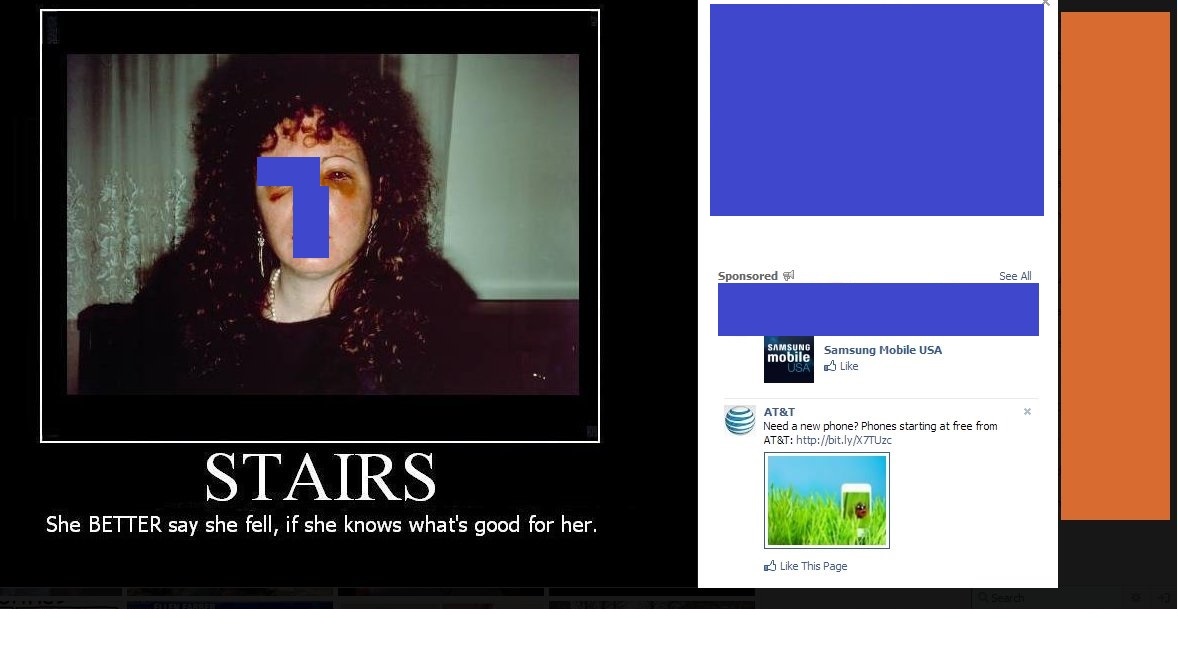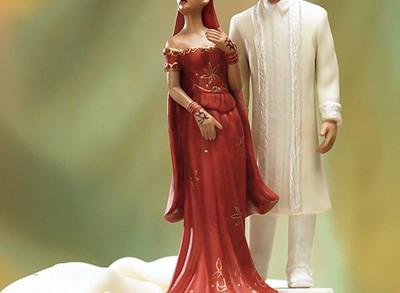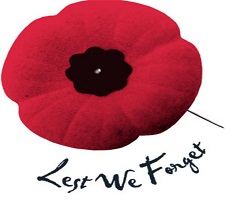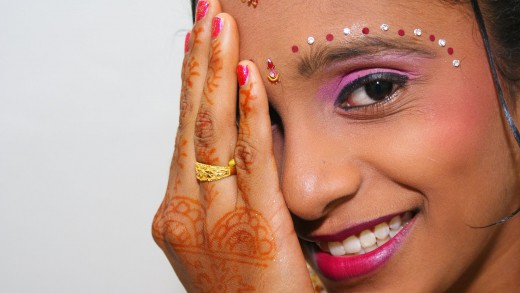As a society we love to celebrate how great women are and how much we love them- International Women’s Day, Mother’s Day, even Valentine’s Day is really about the gifts men should buy women. But where are we on issues that really count? Violence, self-esteem, power, income – where are the days to recognize these struggles? Recently Facebook has been in the hot seat.
Facebook has millions of users worldwide making it the world’s largest social media website. With all the possibilities for sharing, collaboration and learning from each other, what do we decide to share as a society? This….

Sadly, this image is not alone. Numerous users and groups have posted pictures of women being bruised, battered and violated in the worst ways possible and then… those images go viral! While Facebook does have a policy on graphic content, it seems to be applied unevenly, targeting mothers who have photos of breastfeeding their child (scandalous!) but leaving images like those below intact.

It’s understandable that policing content that’s changing by the minute is a tremendous task. However, as the world’s largest social media website, it has a responsibility.
Facebook’s inaction started an inspiring, online movement in which hundreds of thousands of men and women began to pressure both the site and its advertisers to remove pictures that celebrate rape. This movement culminated in an onslaught of tweets, emails and online shares that got companies to rethink both their affiliation with the social media giant and their own policies on photos featuring women and violence.
Laura Bates, one of the minds behind the movement lists some of the more graphic images that she is asking Facebook to take down including:
- Images with captions like “Next time don’t get pregnant” and “Now walk it off and get back into the kitchen.”
- Groups with names like “Raping a pregnant bitch and telling your friends you had a threesome.”
- Images of children, little girls, with black eyes or semen on their faces and jokes about raping or beating them.
- Images of disabled girls, with men underneath and the caption “No arms, no legs? No Problem.”
- Images of women’s faces contorted in pain, pictures of girls screaming.
- Photographs purporting to show actual rape.
- Videos of women actually having their heads hacked off with a short knife as you look into their eyes less than a metre from the camera.
Many people have told Bates and her supporters to simply ‘log off’ Facebook. Yes, the ‘close your eyes and this will all just go away’ argument. But as Bates writes on XoJane.com,
“It wouldn’t stop the message spreading, with every click and every one of these pictures, that rape is something to laugh about, domestic violence is a joke, and that our society doesn’t take it seriously. It wouldn’t stop perpetrators getting the message that this will be laughed off and excused, or victims receiving the impression that they will not be taken seriously if they report. And no, of course it is not as simple as suggesting that such content directly causes these crimes. But it is about a culture that normalizes them and jokes about them to such an extent that they start to be seen as more acceptable.”
The impact of Facebook is simply too large to diminish by a few feminists logging off. Instead, the largest social media site of our time needs to take responsibility for the content and take a stand against violence against women. Facebook has an opportunity and the platform to make a difference. While policing this content may not be an easy task, allowing these images to resurface time and time again sends the clear message that violence against women is not a serious issue.
The good news – following the movement several companies came forward to pull advertising from Facebook and just yesterday (May 28 2013) Facebook issued a statement that they would be working with women’s interests groups and revising their policy. It’s a small step, but it’s in the right direction. Our online lives have become an extension of ourselves and safety on the Internet is just as important as safety on the street.
When women’s issues are trivialized and we’re told to ‘stop overreacting’ or ‘it’s just a joke’ we collectively desensitize ourselves to complex issues such as violence. However, with over 200 000 supporters this little viral campaign made a big impact. It’s the little hashtag that could.
Read more here

 Suruthi Ragulan
Suruthi Ragulan









